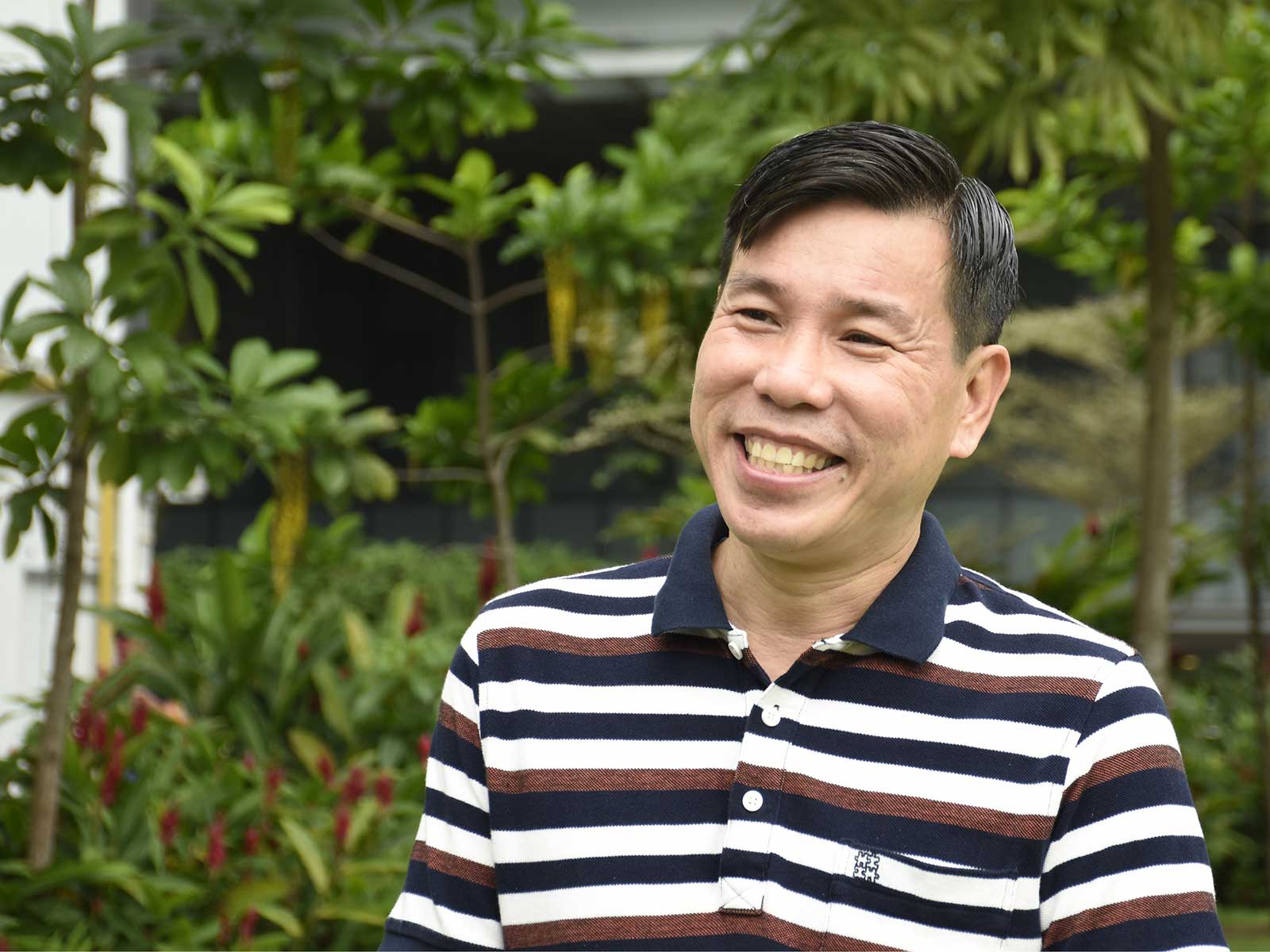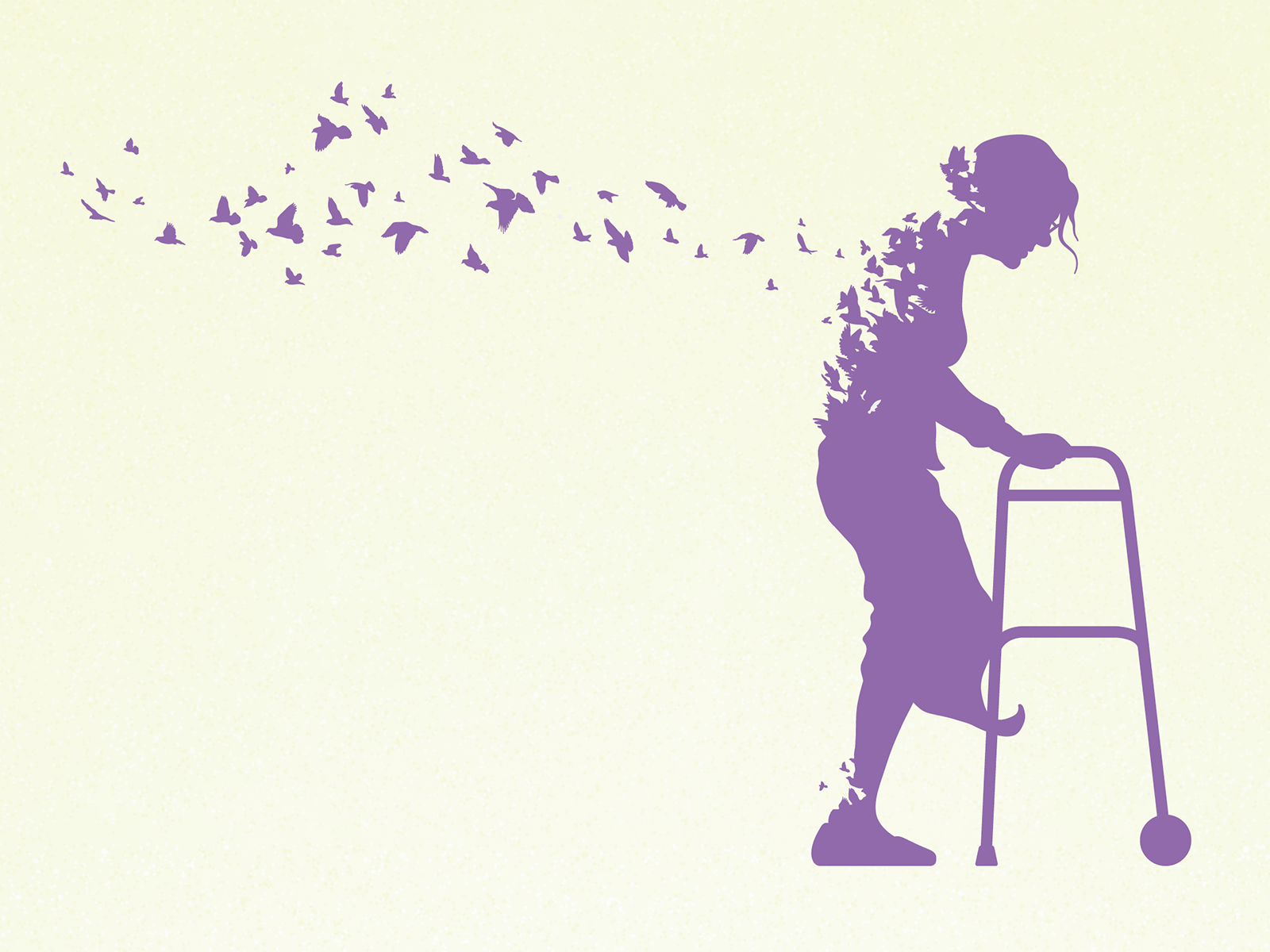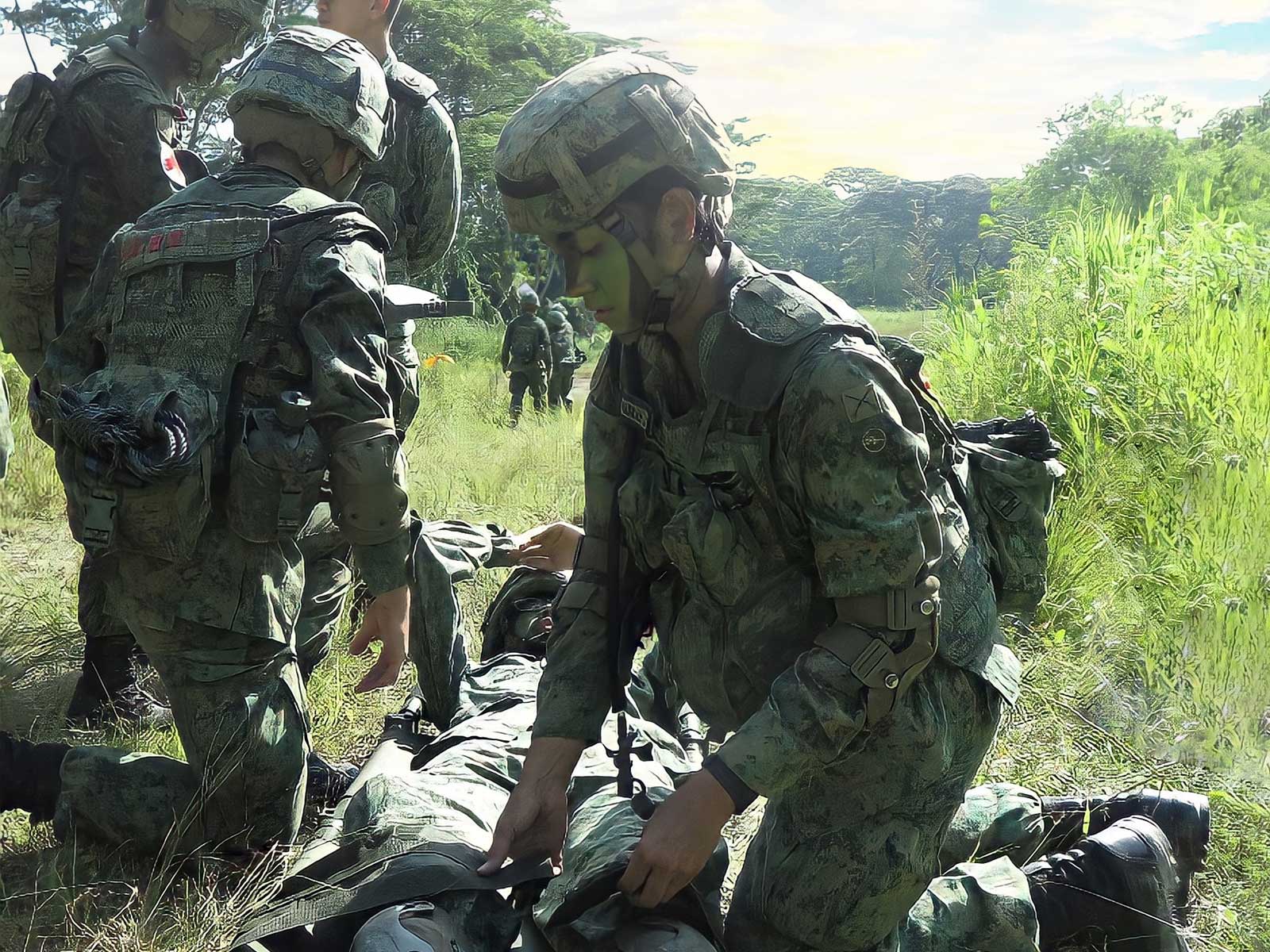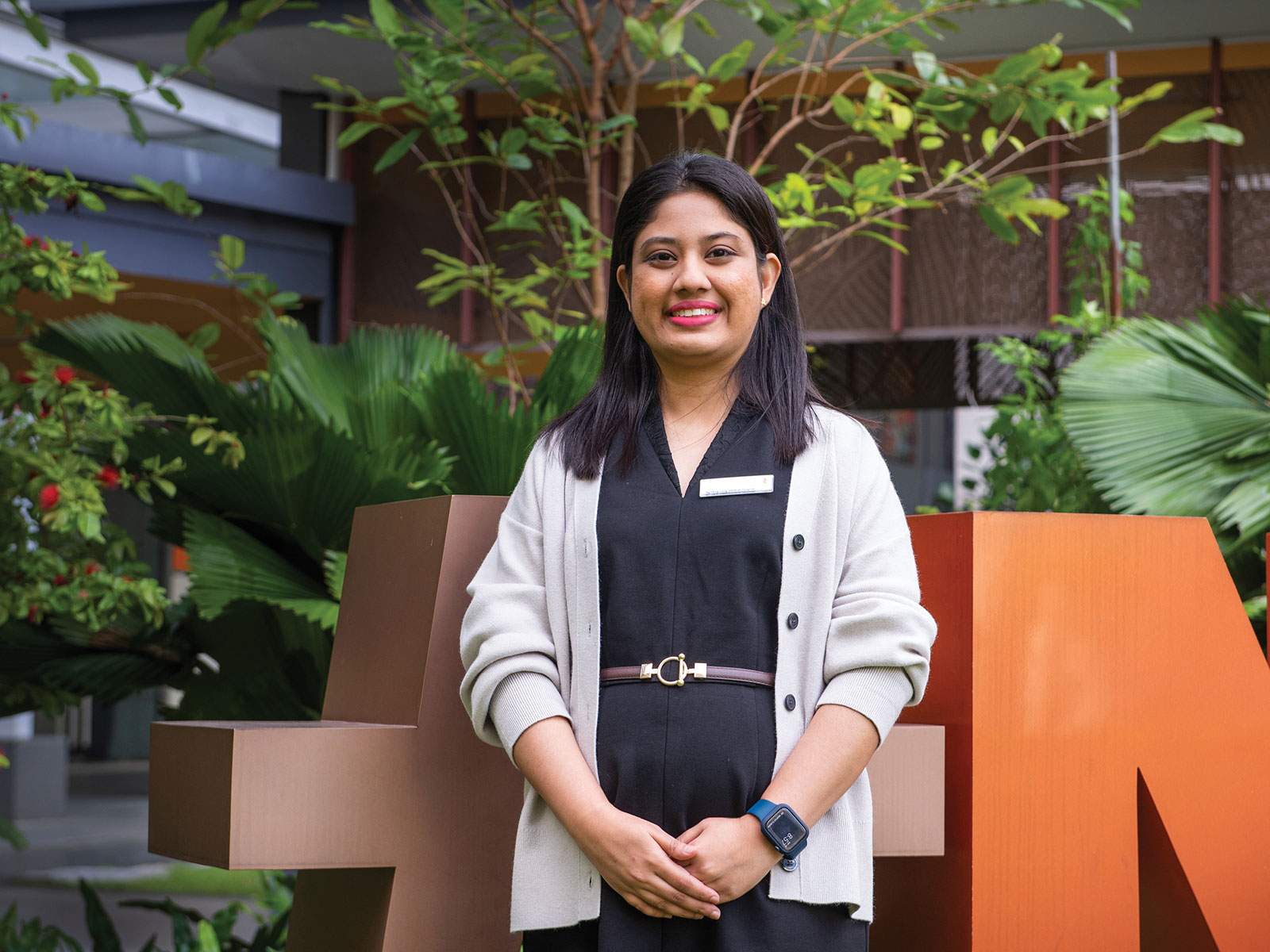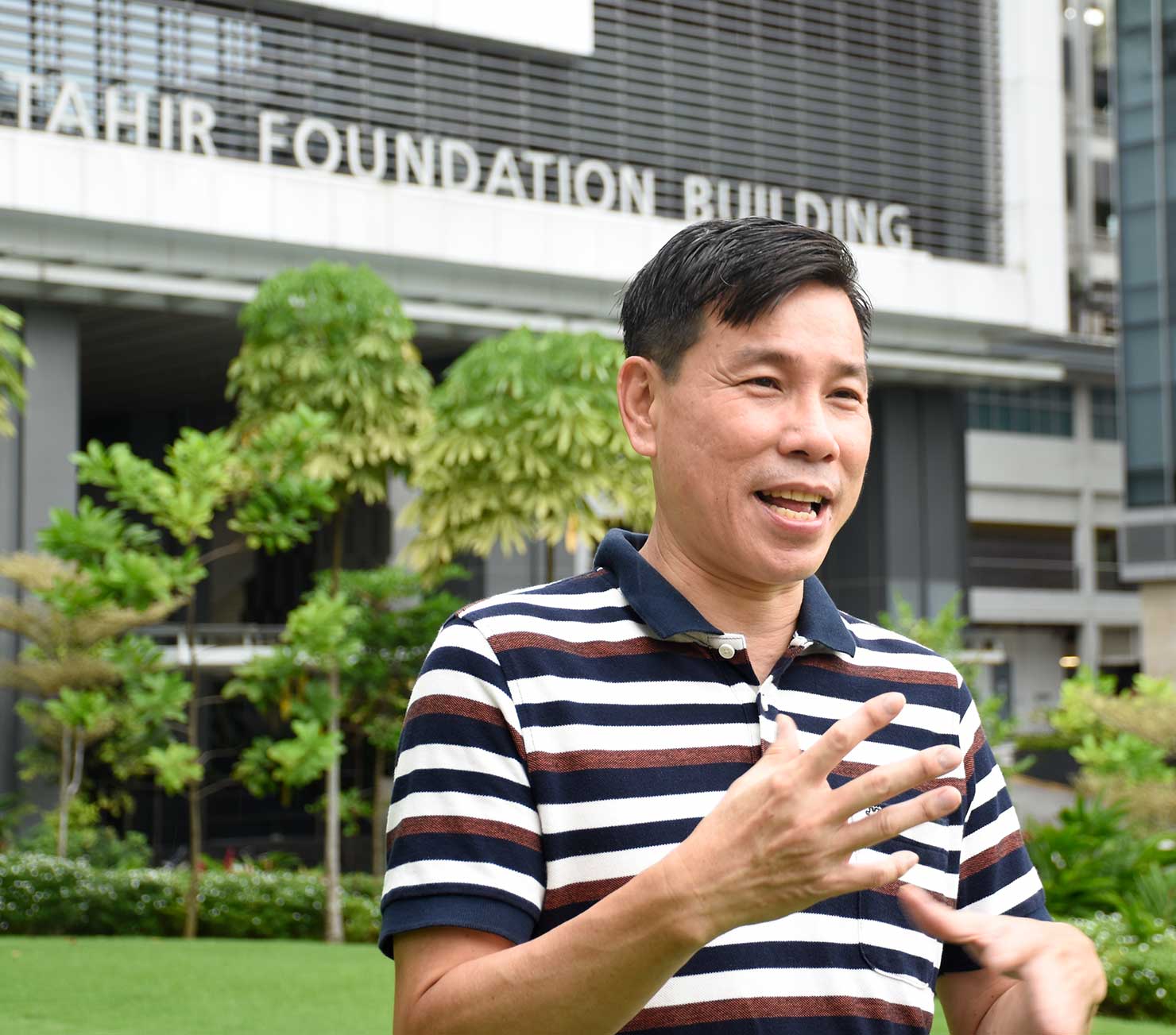
Expanding on the topic, he shares that it is human nature for medical students to view patients with certain illnesses and diseases through a certain prism, and conclude that their plight is karma, i.e. retributive justice for past acts. They should suspend all moral judgment, he asserts.
“Instead, we can listen intentionally and get off the ‘fast train’, by trying our best to empathise with our patients, ask questions intentionally, and be fully present with them.”
“I think that it is a right of every person to have access to healthcare. When medical students realise that they are projecting their biases and prejudices on patients, it’s important for them to put these aside and be empathetic.”
On Afghanistan: the people, their realities, and his fondest memories
The years that he spent in Afghanistan, working with the locals, helped him to appreciate their simple, honest approach to life. “Afghan people are wonderful like most people. They also have a certain ‘rawness’—an authenticity, free from distractions that don’t concern survival and meeting basic needs.”


